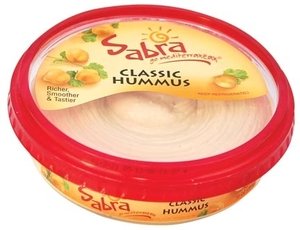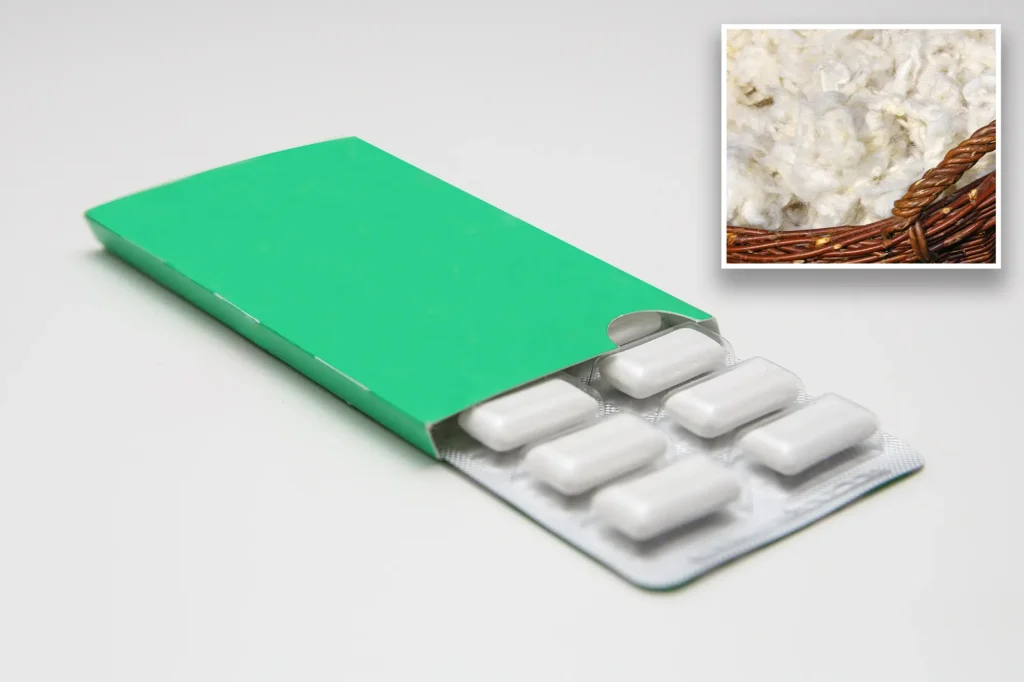
Hummus - Out With The Old, In With The New
CLOVER, Va.—Prodded by the largest U.S. hummus maker, farmers in the heart of tobacco country are trying to grow chickpeas, an improbable move that reflects booming demand for hummus.
Sabra Dipping Co., a joint venture of PepsiCo Inc. and Israel’s Strauss Group Ltd., wants to cultivate a commercial crop in Virginia to reduce its dependence on the legume’s main U.S. growing region—the Pacific Northwest—and to identify new chickpea varieties for its dips and spreads.
For Sabra, which makes hummus at a plant near Richmond, Va., a secondary source of supplies could help protect the company if a chickpea shortage occurred because of crop failures in Washington or Idaho. Sourcing chickpeas locally also would lower its shipping costs. But the Virginia effort carries risk, because experts say the state’s high summer humidity could prove a significant obstacle to its viability.
Sabra, based in White Plains, N.Y., has helped introduce more Americans to hummus through huge sampling events in major cities in which it has handed out 10,000 2-ounce packages a day. Sabra began its first national television advertising campaign earlier this year.
“Most of the consumers out there still don’t know what hummus is,” said Adam Carr, chief executive of Tribe Mediterranean Foods Inc., a Sabra rival. “We think that there are going to be lots of new users coming to the category.”
Virginia officials are eager to develop new crops in a state where tobacco farming has shrunk dramatically since the 1990s because of declining cigarette sales.
James Brown, a 72-year-old tobacco, corn and soybean farmer in Clover, Va., said he knew nothing about chickpeas when an extension agent from Virginia State called him several months ago and asked if he would plant the legume.
He said he jumped at the opportunity because he is looking for ways to make his roughly 300-acre farm more profitable.
Mr. Brown planted four acres with chickpeas in mid-April. That week, his wife served him the first chickpeas he’d ever eaten. “They tasted pretty good,” the farmer said.
Replacing tobacco farms with chickpea farms is a representation of an out with the bad, in with the good change in agriculture. As proponents of preventive medicine through lifestyle change, Heal n Cure’s physicians and staff want to highlight healthy shifts in agriculture due to consumer demand. With a food supply that is laden with high fat, highly processed foods it can seem like there is limited hope in turning our population towards a healthier diet. Hence, why it is refreshing to see a crop that clearly has a negative impact on health, be replaced by a crop that has health benefits. The staff of Heal n Cure hopes this is one of many transitions in cultivation towards a clean, healthful food system. Read more on how Heal n Cure can help with educating a healthy lifestyle for your next event.


